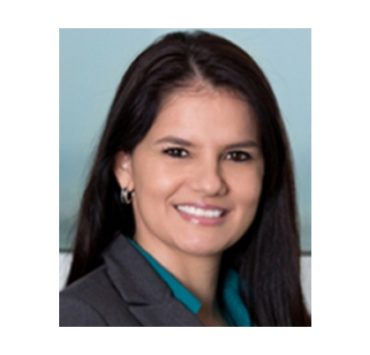Harmonious Hormones

Weight gain, trouble sleeping, brain fog/cognitive function decline, low libido, lack of energy, poor exercise recovery, thyroid issues—if you’ve experienced any or all of these symptoms, it may be time to consider hormone replacement therapy (HRT). We sat down with Dr. Martin Bloom of the biostation to learn the ins and outs of HRT and when it’s time to seek help.
At what age should someone seek treatment?
Men and women should start considering HRT between the ages of 40 to 45, especially if they are experiencing symptoms, although hormone imbalances can affect people of all ages. We often see younger patients whose hormones have been impacted by environmental factors or pregnancy. With treatment, we can usually bring the levels back to balance and improve their quality of life.
How does aging affect our hormones?
Everyone experiences a gradual reduction in sex hormones over time. However, your levels can dip low or decrease too quickly due to many different factors. When this happens, both men and women of any age can experience a wide range of uncomfortable symptoms. Hormones are involved in every aspect of your body and health.
Do you have diet recommendations to optimize the results of HRT?
We always recommend that our patients eliminate processed foods and refined sugars from their diet as much as possible. A nutrient-dense diet that contains vegetables, fruits and high-quality proteins are best. Through a healthy diet, we can replenish the body of crucial vitamins and minerals such as magnesium, zinc, omega-3 and vitamin C, to name a few!
How does exercise affect hormones?
Consistent exercise can help regulate hormonal imbalances. Studies have also shown that hormone replacement therapy and exercise go hand in hand. Exercise boosts the benefits of HRT, while HRT makes exercise a lot more plausible and delivers more effective results. Hormone replacement therapy with exercise is shown to enhance your body’s ability to fight off age-related diseases.
Are there any side effects associated with HRT?
Initially, patients may experience bloating or slight weight gain or tiredness. These symptoms subside as the hormones are balanced.
His Hormones
What is the biggest complaint men have when they come to see you?
Similar to women, men also go through a change, which is referred to as andropause or “male menopause.” The symptoms are very similar to those that women experience, but the biggest complaints are typically weight gain and decline in sexual function.
What is the therapy you most commonly recommend for your male patients?
For men, we typically recommend bioidentical hormone therapy to restore testosterone levels. This is commonly known as a testosterone therapy.
Her Hormones
How does menopause impact hormones?
As women enter menopause, estrogen declines. During perimenopause, levels fluctuate and become unpredictable. Eventually, production falls to a very low level. A woman’s body stops producing progesterone and as a result of age, testosterone levels decline.
What is the first line of treatment?
Treatment is personalized for each woman’s unique needs and lifestyle. Through comprehensive blood testing and review of health history, we will determine the best course of treatment. In most cases, it will be a form of bioidentical hormone replacement therapy.
When do your patients begin to see results?
For patients just starting therapy, it may take four to six weeks or more for someone to start seeing or feeling the results of therapy. At the beginning stages, it’s important to consistently monitor hormone levels to ensure that the patient is responding to therapy.
This story is from the Summer 2021 issue. Read the magazine here.




